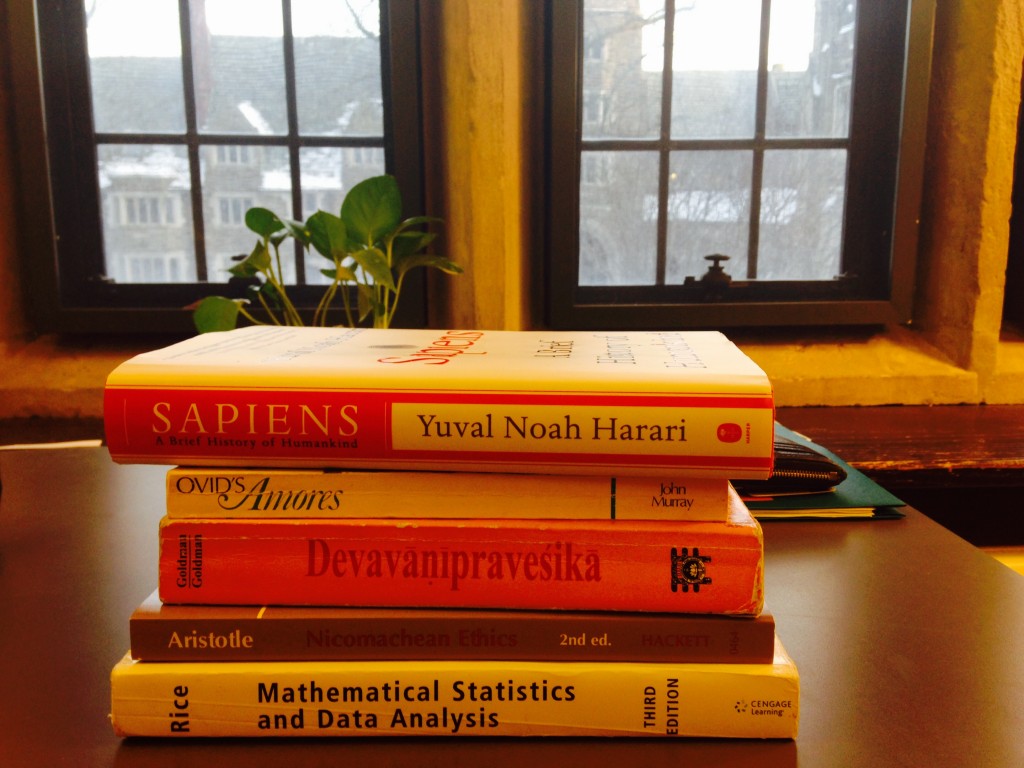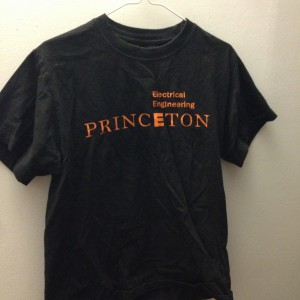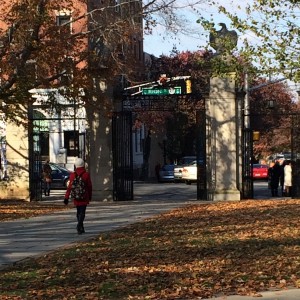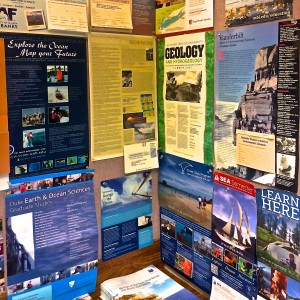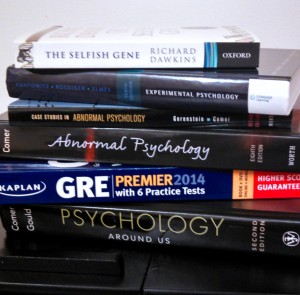
As I’ve muddled my way through three years of college, the questions people have asked me about my studies have changed. It started with possibility and exploration – “what are you studying?” and “ooh, chemistry was my worst subject!” – but when I returned home this summer, the question “and what are you going to do next?” reared its ugly head.
Grad school, followed by academic research, had always been my default answer. It’s what my dad did with his psychology degree, it’s very close to what my mom did with her English degree (until she turned off on a veering path through secondary education, administration, web development, and consulting). Perhaps more importantly, it’s the path most visible to students actually in university, surrounded as we are with, well, grad students and academics. Especially at Princeton (where research in even the “applied” sciences tends towards the theoretical), there’s a dearth of visibility of other paths.





